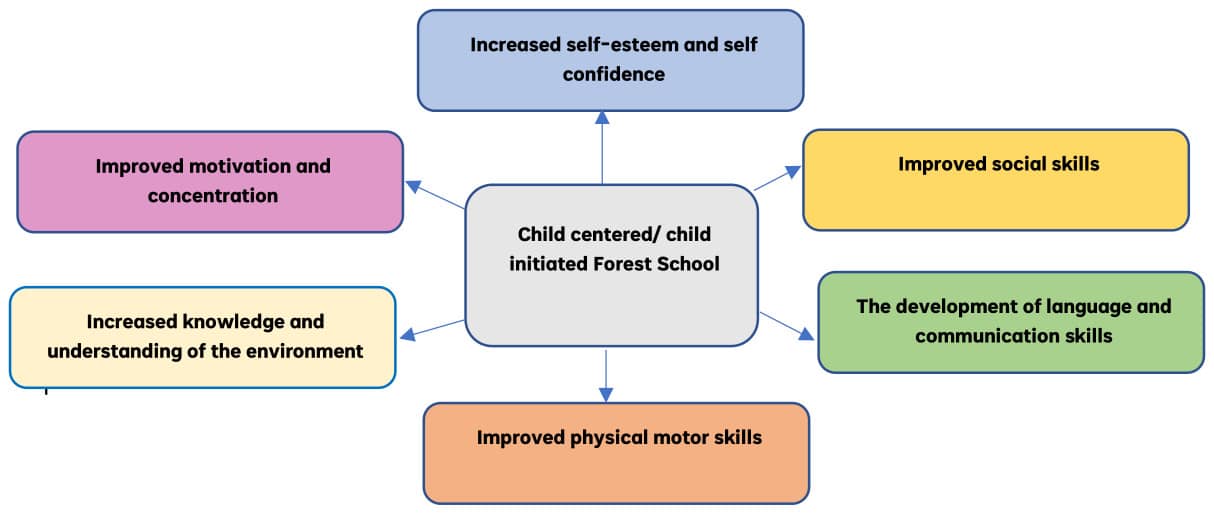Ethos of Forest School
At Caldecott we follow the original ethos of Forest School where all activities are child-initiated, and the Forest School Leaders and adult helpers are facilitators. We have abundant resources and have linked our Forest School objectives closely to the Autism Education Trust (AET), and Preparation For Adulthood/Employment (PFA/E) objectives, so the students are learning all the time through their engagement and enjoyment of nature. We cover an amazing range of activities from den building and whitling, to nature walks or just exploring. The list is almost endless and limited only by the children’s imagination. Covid permitting, we welcome pre-arranged visits by parents and carers to witness first-hand the amazing facilities we have.
